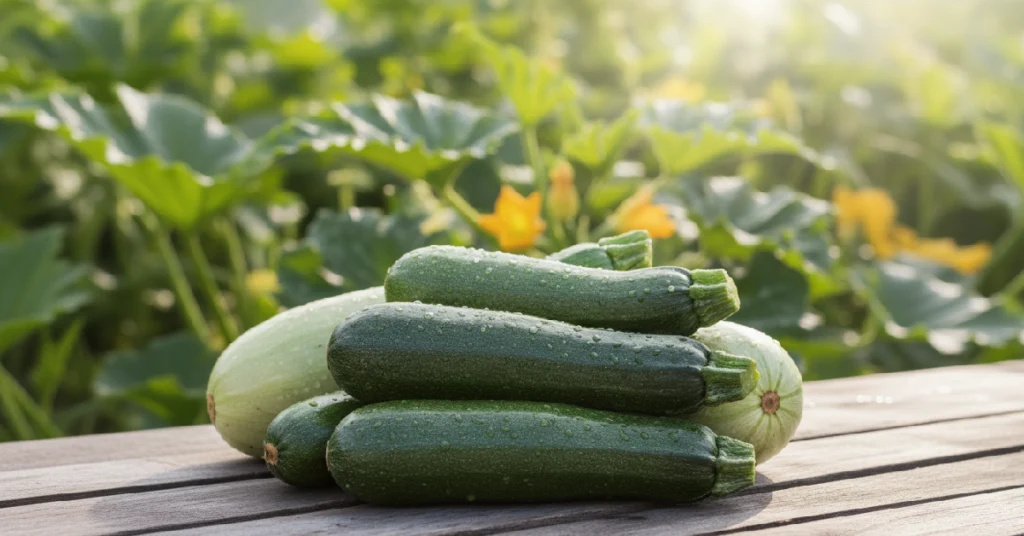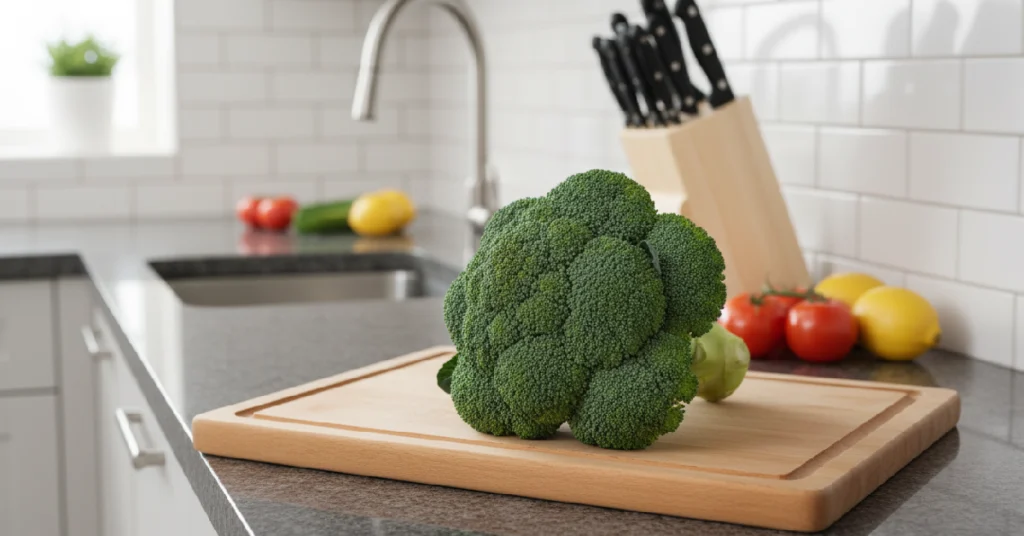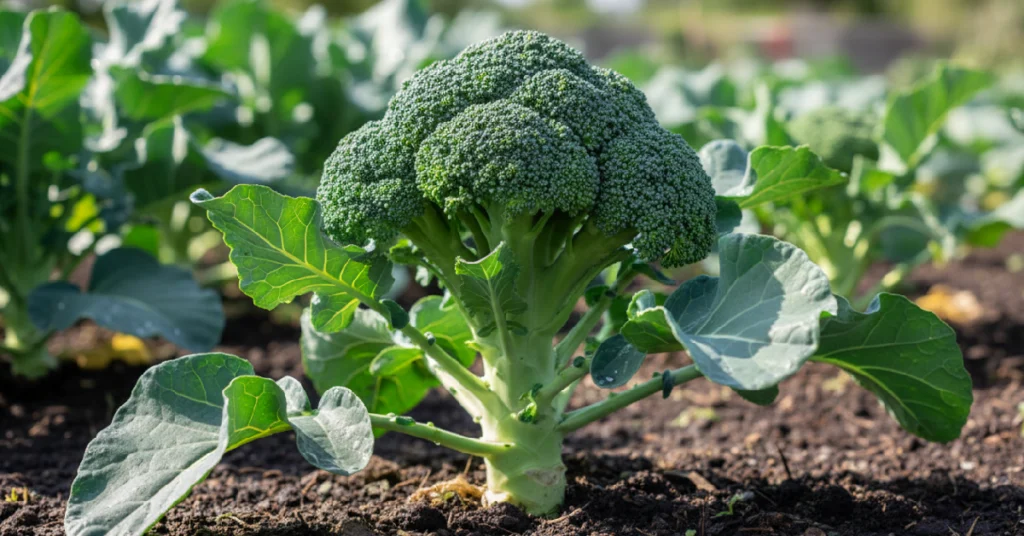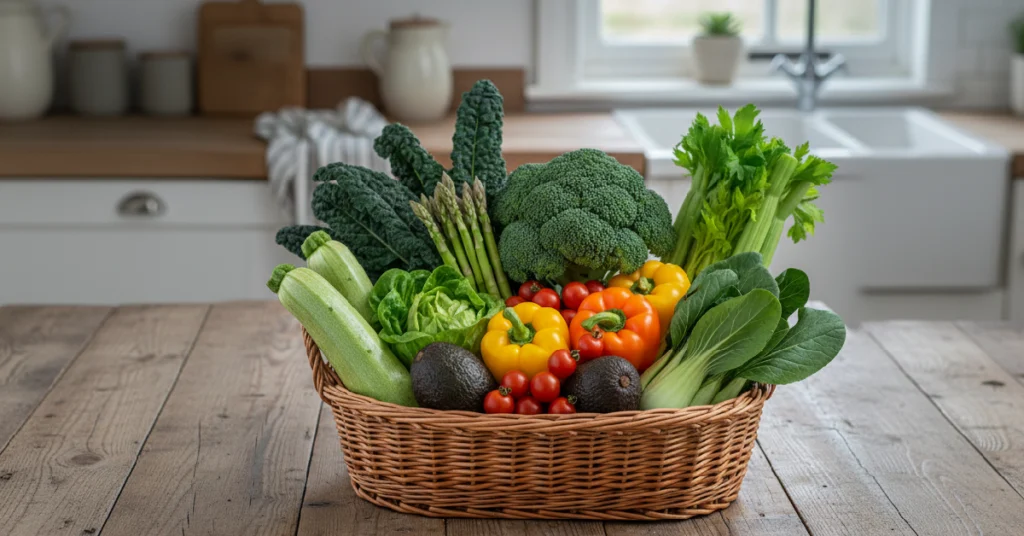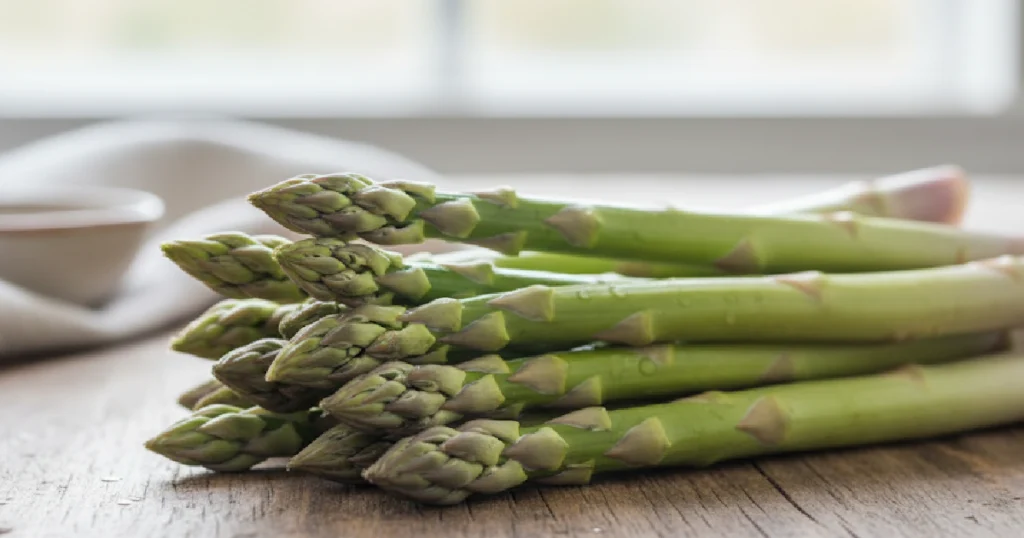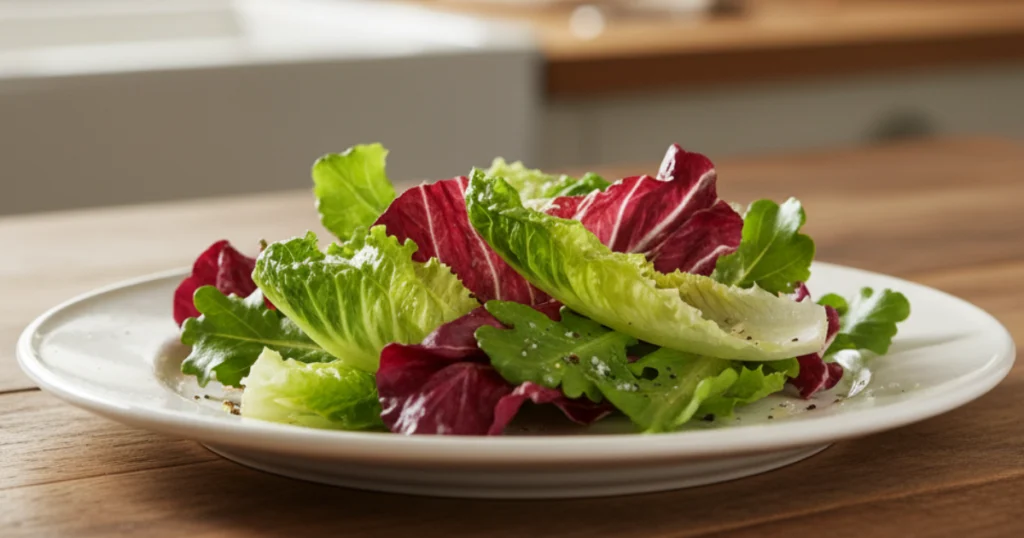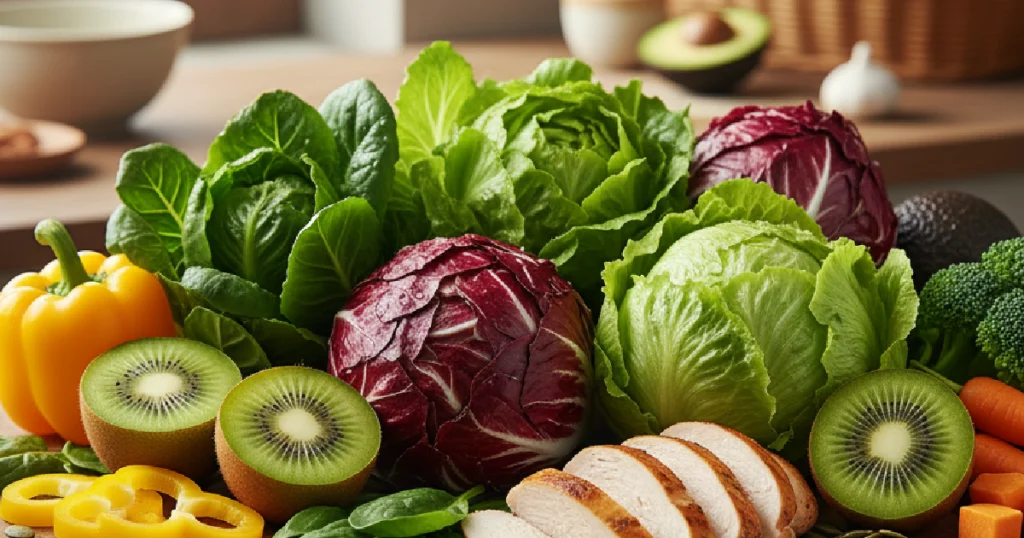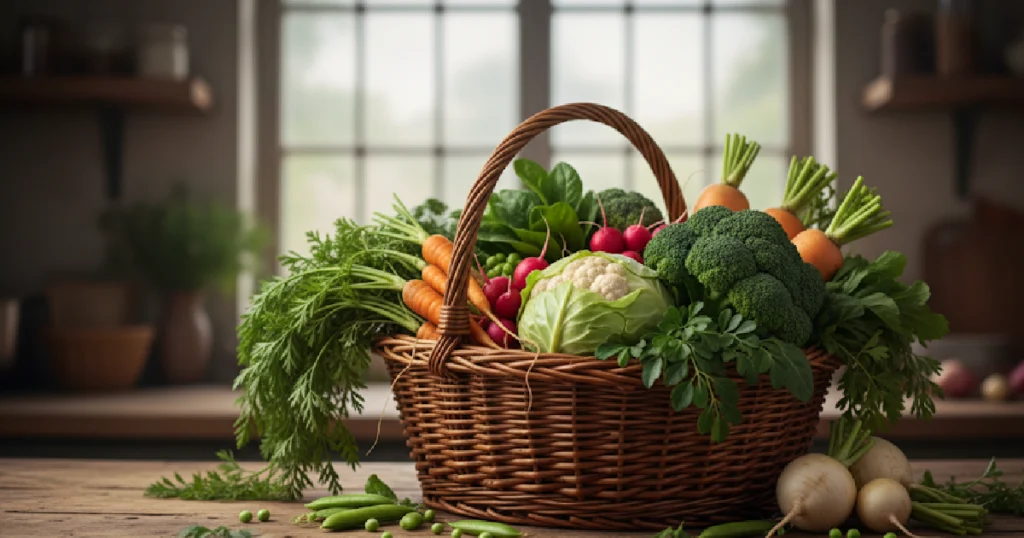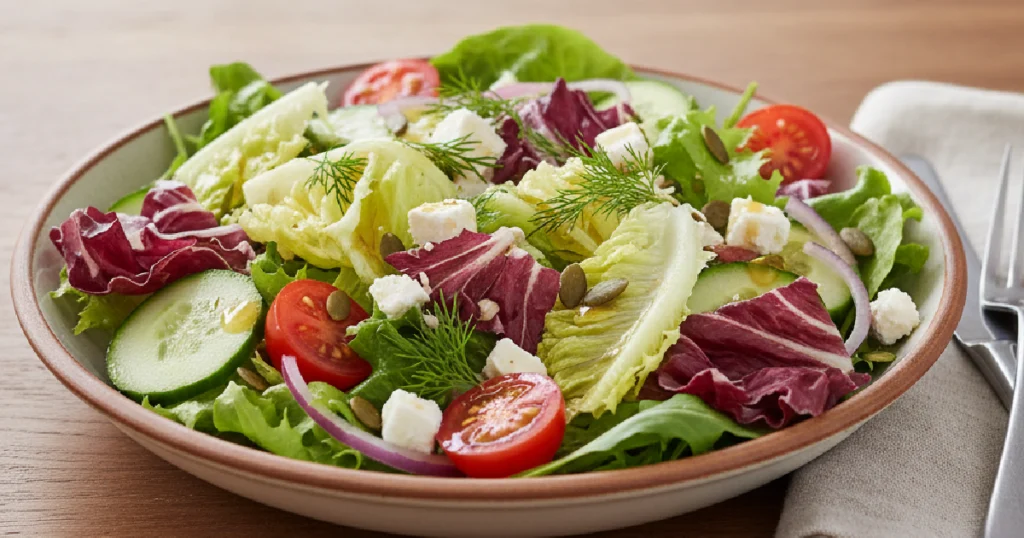Asparagus has been cherished for centuries, not just for its delicate taste but also for its incredible health benefits. Known as garden asparagus, these slender green stalks, often called asparagus spears, are among the first vegetables to appear in spring. Whether you enjoy them roasted, steamed, or lightly sautéed, asparagus is packed with nutrients that can boost overall wellness.
In this guide, we’ll break down the asparagus nutrition profile in detail, including calories, protein, vitamins, and minerals per 100 grams. By the end, you’ll know exactly why asparagus deserves a regular spot on your plate.
Asparagus Calories per 100g
When people look at the nutritional value of asparagus, one of the first things they ask is about calories. The good news? Asparagus is one of the lowest-calorie vegetables you can enjoy. In 100 grams of asparagus, there are only about 20 calories. This makes it an excellent choice for weight management and healthy snacking.
You can fill your plate with plenty of asparagus spears without worrying about calorie overload. Because asparagus is so light, it works wonderfully as a side dish with heavier meals or as part of a big salad. And for anyone tracking their daily intake, knowing that asparagus calories are so low helps put things into perspective.
Asparagus Protein Content
While asparagus isn’t the highest source of protein compared to beans or chicken, it still contributes a meaningful amount to your diet. In 100 grams of asparagus, you’ll find about 2.2 grams of protein. This may not sound like much, but the beauty of asparagus protein lies in how easily it pairs with other foods. For example, adding it alongside eggs, tofu, or fish creates a balanced and nutrient-dense meal.
The protein in the asparagus plant also comes with fiber, vitamins, and minerals, which help your body absorb and utilize it more efficiently. For people exploring plant-based diets, even small contributions like asparagus protein make a difference when combined with other vegetables and legumes.
Vitamins in Asparagus
The vitamin content is where asparagus really shines. Eating 100 grams provides:
- Vitamin A: Supports eye health and boosts immunity.
- Vitamin C: Acts as an antioxidant and strengthens the skin.
- Vitamin K: Essential for blood clotting and bone strength.
- Folate (Vitamin B9): A must-have for cell repair and important during pregnancy.
These vitamins work together to promote wellness in ways that go far beyond calories and protein. The balance of nutrients in garden asparagus makes it a powerhouse vegetable suitable for people of all ages.
Minerals in Asparagus
Alongside vitamins, asparagus offers an impressive mineral profile. In every 100 grams, you’ll find:
- Iron: Supports oxygen transport in the blood.
- Potassium: Helps regulate blood pressure.
- Phosphorus: Keeps bones and teeth strong.
- Calcium: Another bone-friendly mineral that contributes to muscle function.
Together, these minerals highlight the incredible nutritional value of asparagus. They ensure that your body functions smoothly while keeping energy levels steady.
Fiber Content in Asparagus
One of the underrated aspects of asparagus is its dietary fiber. A 100-gram serving contains around 2 grams of fiber, which supports healthy digestion and helps keep you feeling full for longer. Fiber is also important for maintaining balanced blood sugar levels, which makes asparagus an excellent choice for people managing diabetes. Beyond digestion, fiber also promotes heart health, showing how much these slim green asparagus spears can do for your body.
Health Benefits of Eating Asparagus
When you put all these numbers together, it becomes clear why asparagus is such a valuable food. Here are some of its key benefits:
- Supports weight management: With low asparagus calories and high fiber, it fills you up without adding extra pounds.
- Boosts immunity: Vitamins A and C help your body fight off infections.
- Promotes heart health: Potassium and fiber contribute to stable blood pressure and cholesterol levels.
- Good for pregnancy: Folate ensures proper cell development and reduces risks during pregnancy.
- Improves digestion: Fiber helps keep your digestive system active and balanced.
As a bonus, asparagus is easy to grow at home. If you enjoy gardening, pairing your harvest with a Terracotta Planter adds both style and function to your green space.
How to Add Asparagus to Your Diet
One of the best things about asparagus is its versatility. You can roast, steam, grill, or even pickle it. Some people enjoy adding asparagus spears to pasta, while others prefer blending them into soups. A simple method is roasting asparagus with a little olive oil, garlic, and sea salt. This brings out its natural sweetness and crisp texture. Or, for a refreshing summer dish, toss steamed asparagus with cherry tomatoes and feta.
If you love experimenting with food, think about pairing asparagus with unique floral garnishes. Just like the Viola Flower adds beauty and nutrients to salads, asparagus can elevate your meals with color and flavor.
Asparagus and Gardening Connection
For those who grow their own food, asparagus is a rewarding plant. It takes patience since asparagus beds can take a couple of years to fully develop, but once established, they keep producing for decades. Gardeners often combine asparagus with other plants, much like decorating their space with Best Ceramic Planters or enjoying seasonal blooms such as the Azalea Flower.
Growing asparagus also teaches patience and dedication, much like cultivating a Marikolunthu Flower or caring for delicate herbs. The joy of harvesting fresh asparagus spears from your garden is unmatched and adds another layer of appreciation for its nutrition.
Things to Keep in Mind
Although asparagus is safe for most people, a few things are worth noting:
- Some people may notice a distinct odor in their urine after eating asparagus. This is normal and comes from natural compounds.
- If you’re on blood-thinning medication, talk to your doctor before significantly increasing asparagus intake, as it is high in Vitamin K.
- Always wash asparagus spears thoroughly before cooking to remove any dirt or pesticide residues.
For new gardeners, it’s also wise to Name Things That Gardeners Need before starting, so you’re prepared to grow and enjoy this wonderful vegetable without hassle.
Final Thoughts
Asparagus is more than just a tasty vegetable; it’s a nutritional powerhouse. With only 20 calories per 100 grams, a good boost of asparagus protein, and a rich supply of vitamins and minerals, it deserves a regular place on your plate. Whether you buy it fresh from the market or grow your own garden asparagus, the benefits for your health are undeniable.
Adding asparagus to your meals is simple, versatile, and rewarding. From enhancing your digestion to supporting immunity and bone health, this springtime favorite delivers far more than its slender appearance suggests.
So next time you’re looking for a healthy side dish or planning your own vegetable patch, don’t overlook asparagus. Your body will thank you for it.

